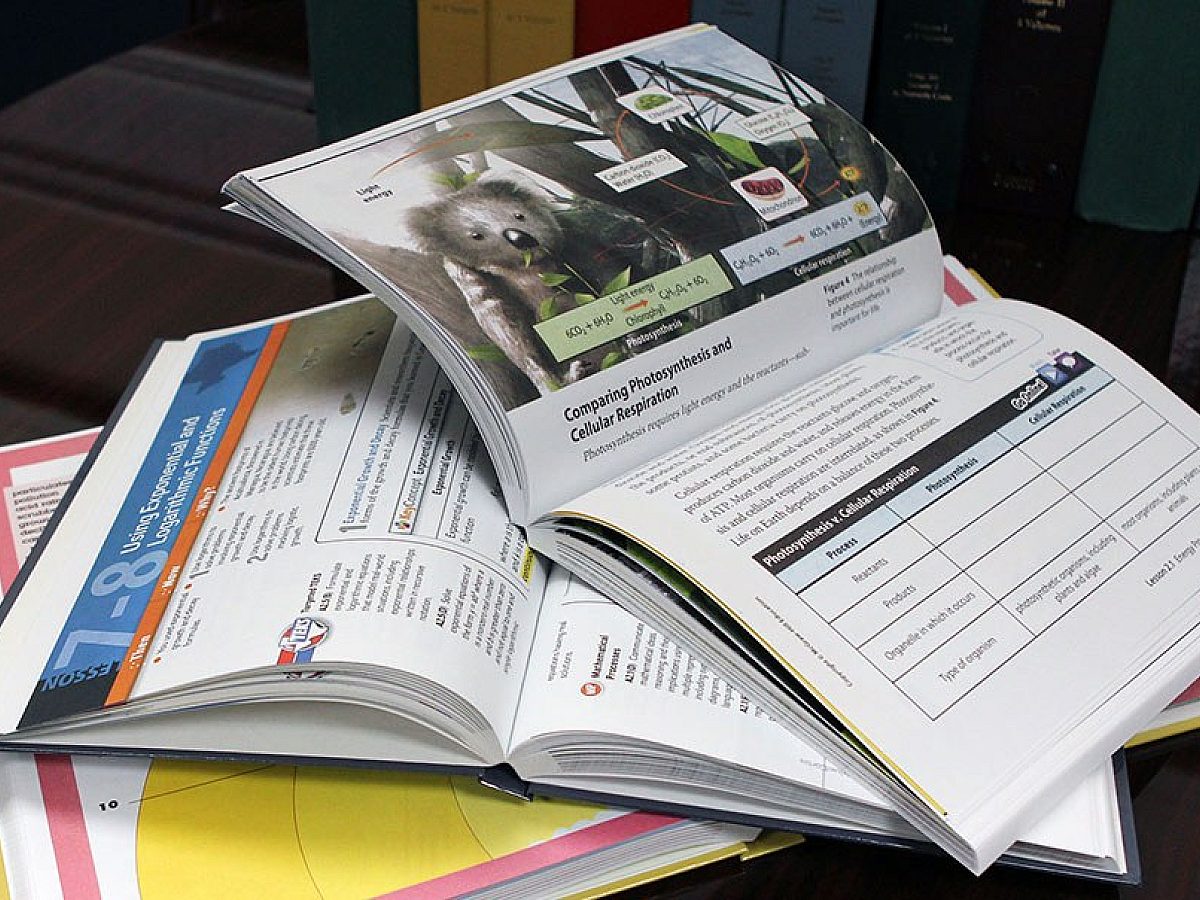𝘈𝘱𝘱𝘳𝘰𝘹 𝘳𝘦𝘢𝘥 𝘵𝘪𝘮𝘦: 3 𝘮𝘪𝘯𝘴🕒
Interpreting services are an essential part of global business communication. Whether you are hosting an international conference, managing multilingual staff training or delivering critical healthcare, the ability to communicate clearly across languages is vital.
But with solutions now available for both remote interpreting and in-person interpreting formats, many organisations are asking the same question: which option is right for us?
This guide explores the strengths and limitations of each approach, helping you choose the interpreting service that best supports your goals.
What is remote interpreting?
Remote interpreting takes place over digital platforms such as video conferencing or telephone lines.
It allows interpreters to provide simultaneous or consecutive interpreting without being physically present.
Advantages of remote interpreting:
-
Accessibility – Connect with interpreters anywhere in the world, without travel costs or logistics.
-
Flexibility – Ideal for last-minute meetings or when language support is required across multiple locations.
-
Cost-effective – Saves on travel, accommodation and venue costs.
-
Scalability – Perfect for organisations with global teams or recurring international calls.
Limitations of remote interpreting:
-
Relies on stable internet and technology.
-
Can feel less personal compared to face-to-face interaction.
-
It may be challenging for highly sensitive or technical discussions where nuance is critical.
What is in-person interpreting?
In-person interpreting involves a professional interpreter being physically present at your meeting, event or appointment.
Advantages of in-person interpreting:
-
Personal connection – Interpreters can read body language and tone, supporting smoother communication.
-
Reliability – No risk of dropped connections or audio issues.
-
Trust and sensitivity – Especially valuable in healthcare, legal and high-stakes negotiations.
-
Complex settings – Best for conferences, courtrooms or environments where technical detail must be fully understood.
Limitations of in-person interpreting:
-
Requires planning and scheduling.
-
Involves additional costs for travel and logistics.
-
Less flexible for short-notice or multi-location events.
How to decide which is right for your organisation
The choice between remote and in-person interpreting often depends on:
-
Nature of the meeting or event – A global video conference may benefit from remote interpreting, while a court hearing may demand in-person support.
-
Budget and logistics – Consider whether travel and accommodation are realistic for your circumstances.
-
Technical requirements – Remote interpreting works best with reliable digital platforms and strong connectivity.
-
Confidentiality and sensitivity – High-stakes discussions may require the reassurance of in-person services.
For many organisations, a hybrid approach is increasingly common.
For example, hosting a live event with in-person interpreters, while offering remote interpreting for international attendees who cannot be present.
Why partner with Wolfestone?
At Wolfestone, we provide tailored interpreting solutions that fit your organisation’s needs.
Whether remote or in-person, our professional linguists deliver interpreting that is accurate, culturally sensitive and reliable.
As part of the Wolfestone Group, we also offer complementary services including translation, transcription, event accessibility and localisation. This means you can rely on a single trusted partner for all your multilingual communication.
Remote and in-person interpreting both have clear advantages. The right choice depends on your goals, your audience, and the context of your communication.
By working with an experienced interpreting partner like Wolfestone, you can be confident your message will be understood, no matter where in the world your audience is.
Looking for expert interpreting services?
Contact Wolfestone today to discuss the right solution for your organisation.
𝘒𝘦𝘪𝘳𝘢𝘯 𝘩𝘢𝘴 𝘣𝘦𝘦𝘯 𝘸𝘳𝘪𝘵𝘪𝘯𝘨 𝘢𝘣𝘰𝘶𝘵 𝘭𝘢𝘯𝘨𝘶𝘢𝘨𝘦 𝘴𝘰𝘭𝘶𝘵𝘪𝘰𝘯𝘴 𝘴𝘪𝘯𝘤𝘦 2021 𝘢𝘯𝘥 𝘪𝘴 𝘤𝘰𝘮𝘮𝘪𝘵𝘵𝘦𝘥 𝘵𝘰 𝘩𝘦𝘭𝘱𝘪𝘯𝘨 𝘣𝘳𝘢𝘯𝘥𝘴 𝘨𝘰 𝘨𝘭𝘰𝘣𝘢𝘭 𝘢𝘯𝘥 𝘮𝘢𝘳𝘬𝘦𝘵 𝘴𝘮𝘢𝘳𝘵. 𝘏𝘦 𝘪𝘴 𝘯𝘰𝘸 𝘵𝘩𝘦 𝘏𝘦𝘢𝘥 𝘰𝘧 𝘔𝘢𝘳𝘬𝘦𝘵𝘪𝘯𝘨 𝘢𝘯𝘥 𝘰𝘷𝘦𝘳𝘴𝘦𝘦𝘴 𝘢𝘭𝘭 𝘰𝘧 𝘰𝘶𝘳 𝘤𝘰𝘯𝘵𝘦𝘯𝘵 𝘵𝘰 𝘦𝘯𝘴𝘶𝘳𝘦 𝘸𝘦 𝘱𝘳𝘰𝘷𝘪𝘥𝘦 𝘷𝘢𝘭𝘶𝘢𝘣𝘭𝘦, 𝘶𝘴𝘦𝘧𝘶𝘭 𝘤𝘰𝘯𝘵𝘦𝘯𝘵 𝘵𝘰 𝘢𝘶𝘥𝘪𝘦𝘯𝘤𝘦𝘴.







